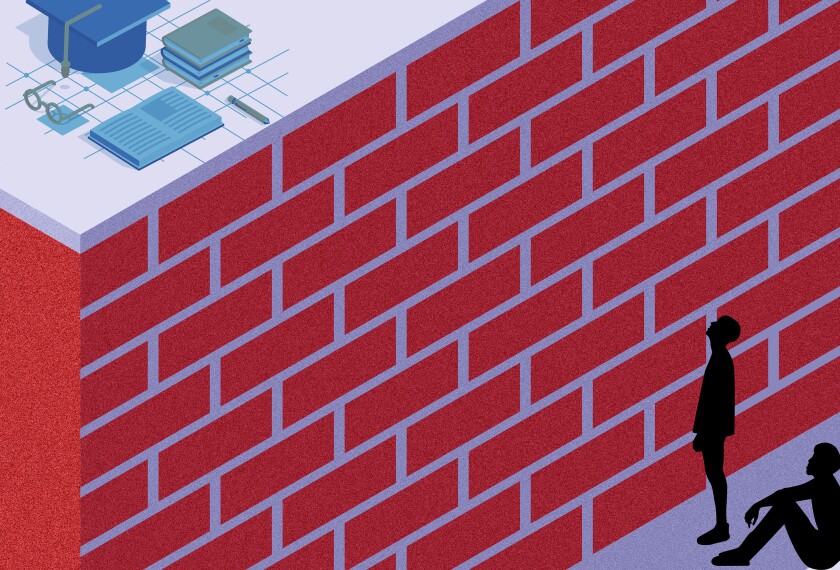Keeping children in school could literally lengthen their lives as adults, according to a massive international research analysis published this week in the journal The Lancet Public Health.
An international team of researchers analyzed more than 40 years of data on adult mortality from more than 600 studies in 59 countries, including the United States. They controlled for adults’ age, sex, and marital status, as well as their socioeconomic and demographic backgrounds.
For each additional year of schooling, mortality for adults younger than 50 fell by nearly 3 percent, with smaller but still significant benefits for older adults, too.
Completing 18 years of education—the equivalent of K-12 plus a four-year college degree—cut adult mortality by 34 percent. That’s similar to the level of health protection linked to eating a healthy, vegetable-heavy diet and getting plenty of exercise.
“It also is worth keeping in mind that we’re looking across all countries, and there are many countries in the world where completion of primary school is not really to be taken for granted,” said Emmanuela Gakidou, a study author and a professor of health-metrics sciences and a co-founder of the Institute of Health Metrics and Evaluation at the University of Washington. “So, the evidence that we have available suggests that every single year of schooling helps.”
The current analysis did not look at why more years of schooling lower the risk of death, but education has been linked to health in a variety of ways, including increasing children’s access to regular immunizations and health care, boosting professional and financial opportunities, building social networks and healthy lifestyle habits, and teaching people to understand and process health information.
The study suggests not going to school places as great a burden on the average adult’s health as drinking five alcoholic drinks a day or smoking half a pack of cigarettes a day for a decade.
Helping students understand these long-term links between education and health could motivate those at risk of dropping out of school, said Linn Gould, the executive director of Just Health Action in Seattle, a program to teach health education and equity to high school and college students. She was not involved in the study.
“A lot of the kids that I work with, their families need them to make money, so a lot of them are discouraged from going to school,” Gould said. “I think that kids would like to know these things, particularly as they’re making decisions about what to do and what their opinions are about education.”
The researchers analyzed older and newer studies, as well as those across industrialized and developing countries, and Gakidou said she was surprised to find the benefits of schooling have stayed fairly consistent over time and across different countries. More time in school showed similar benefits for men and women and for those from different socio-demographic groups.
“It’s not just the quality of the education,” Gakidou said, “but it’s also the going to school, navigating the school system, the social interactions in addition to the learning that happens in the classroom.”
While this study looked only at adults, prior research has found that the benefits of education extend to the next generation, too, with every additional year of parents’ schooling reducing their children’s risk of death under age 5 by 3 percent for moms and 1.6 percent for dads.
The research team next plans to dig into the connection between educational attainment and specific kinds of health issues, like heart disease or obesity, along with how pandemic-related academic disruptions and learning loss might be affecting global health.




